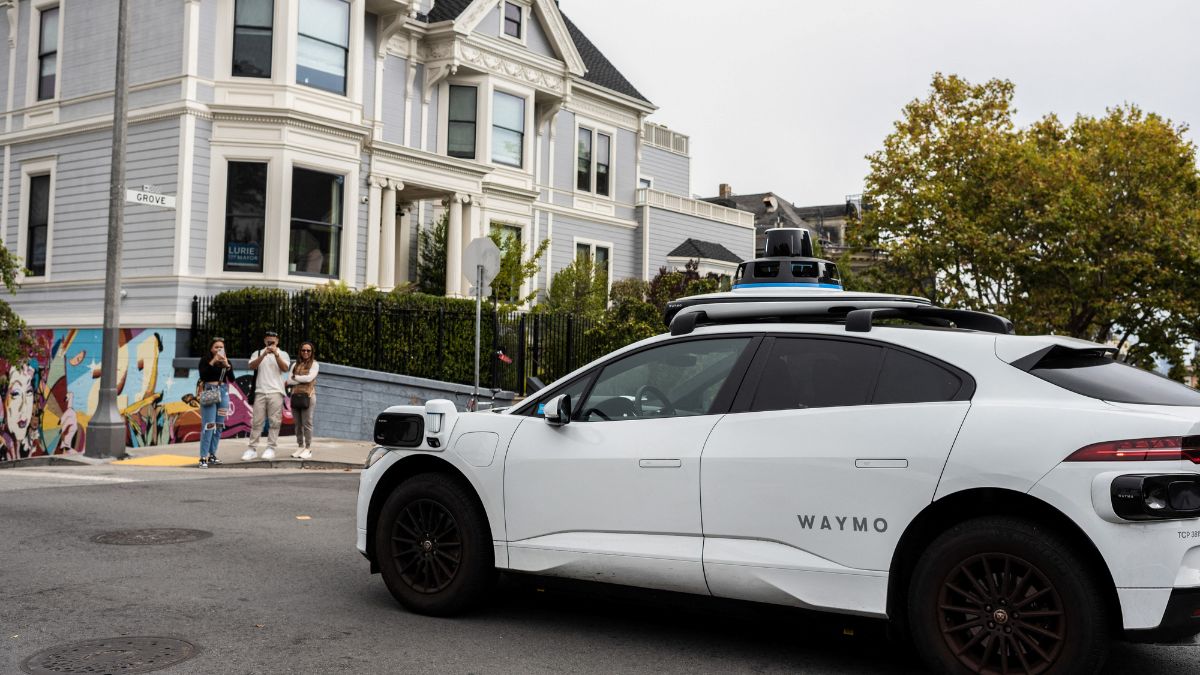The idea behind driverless taxis was that higher adoption and lower labour costs would make them cheaper than regular taxis, but a study has found that Waymo’s robotaxies cost more than regular taxis of Uber and Lyft.
Waymo is a sister company of Google owned by Alphabet. It operates driverless taxis in the US cities of Phoenix, San Francisco, Los Angeles, and Austin.
A study by Obi, an app that aggregates real-time pricing and pick-up times across taxi services, has found that Waymo is consistently expensive than regular taxis of Uber and Lyft and yet users stick with its expensive cars. The study was conducted in San Francisco.
On an average, a Waymo ride costs $6 more than Lyft and $5 more than Uber, according to TechCrunch, which cited the Obi report.
In peak hours of 5-6 pm, Waymo would cost around $11 more than Lyft and $9.5 more than an Uber.
Ashwini Anburajan, Obi’s chief revenue officer, told TechCrunch that the fact that people stick to Waymo despite higher costs “speaks to a real sense of excitement for technology, novelty, and a real preference to sometimes be in the car without a driver”.
Anburajan further said that this is completely opposite to expectations of robotaxis being cheaper than regular taxis.
One more factor that could go into the craze of Waymo is its relatively stable pricing compared to the dynamic pricing of Uber, Lyft, and other taxi services.
Impact Shorts
More ShortsDespite such a behaviour, nearly 40 per cent people said in the study that they would pay “the same or less” whereas 16.3 per cent said they would pay less than $5 more per ride, 10.1 per cent said they would pay up to $5 more per ride, and 16.3 per cent said they would pay up to $10 more per ride, as per Tech Crunch.
The findings have come at a time when beleaguered Tesla of Elon Musk continues to run behind the schedule in the launch of its robotaxi services. However, the rollout of robotaxis has been delayed by years. While Musk had first promise to roll out first robotaxis in 2016, no such taxis have emerged in 2025 and there is no clarity whether taxies would roll out anytime soon.


)

)
)
)
)
)
)
)
)



